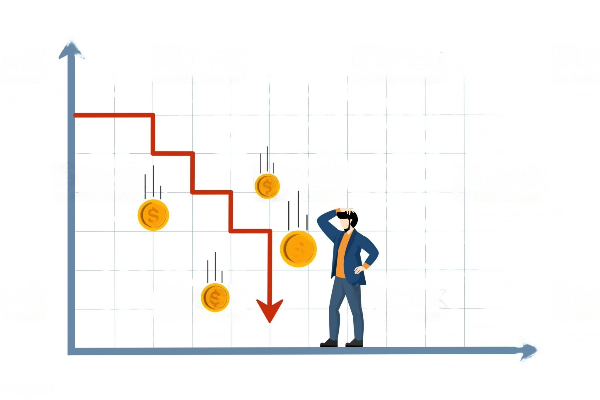In an era where digital transactions and online banking have become integral parts of our daily lives, the importance of cybersecurity in safeguarding our financial well-being cannot be overstated. As we entrust more and more of our financial activities to the digital realm, the need for robust cybersecurity measures becomes a critical aspect of maintaining financial security. In this write-up, I will explore the evolving landscape of cyber threats in the financial sector and the crucial role that cybersecurity plays in protecting our wallets.
The Digital Revolution and Financial Transactions
The digital revolution has changed the way we manage our finances. Online banking, mobile payment apps, and digital wallets offer convenience and efficiency, allowing us to conduct transactions from the comfort of our homes. However, this convenience comes with its own set of challenges, primarily in the form of cyber threats.
The Rising Threat of Cyber Attacks
Cybercriminals are becoming increasingly sophisticated and utilizing advanced techniques to exploit vulnerabilities in financial systems. From phishing attacks to ransomware, these threats can compromise sensitive financial information, leading to unauthorized access and financial losses. As individuals, we must recognize the nature of cyber threats and take proactive steps to protect our financial assets.
Cyber mapping and risk measurement
Cyber mapping refers to the process of visibly acting on various points of the cyber domain, such as networks, data flows, vulnerabilities, and threats. It is a way to create a visual outline of the digital landscape, helping organizations recognize and manage their cybersecurity risks. Cyber mapping can be used for threat analysis, event response, network visualization, and overall cybersecurity policy. As such, cyber mapping plays a vital role in risk management and cybersecurity policy by providing a clear understanding of the digital environment, potential threats, and vulnerabilities.
Safeguarding Financial Data
Guarding our financial well-being starts with securing our digital presence. Here are some fundamental cybersecurity practices to consider:
- Use tricky passwords and keep them up-to-date.
- To add an extra level of security, enable multi-factor authentication.
- Never perform financial transactions over public Wi-Fi.
- For improved protection, use a virtual private network (VPN).
- Keep operating systems, antivirus software, and financial apps up to date.
- Be careful of spam emails, messages, or phone calls requesting personal information.
- Check the reliability of websites before entering important information.
- Regularly review your bank and credit card statements for any unexpected activities.
Financial Institutions and Cybersecurity Measures
Financial institutions also play a crucial role in ensuring the cybersecurity of their platforms. Banks and other financial service providers should implement the following steps:
- Encrypt data in transit from beginning to end.
- Utilize advanced analytics and artificial intelligence to detect and prevent fraudulent activities.
- Inform customers about suitable techniques for cybersecurity and possible risks.
- Develop and regularly test incident response plans to mitigate the impact of cyberattacks.
The Future of Cybersecurity in Finance
As technology continues to advance, so will the methods employed by cybercriminals. The future of cybersecurity in finance will involve a constant evolution of defensive strategies to stay ahead of emerging threats. Collaboration between individuals, financial institutions, and cybersecurity experts will be essential in creating a strong and secure financial ecosystem.
In an age where financial transactions are increasingly conducted in the digital world, cybersecurity is the unsung hero guarding our wallets. Both individuals and financial institutions must recognize the importance of adopting proactive cybersecurity measures to ensure the safety of our financial assets. By staying informed, implementing best practices, and encouraging a culture of cybersecurity awareness, we can collectively contribute to a more secure financial landscape for everyone. Remember, in the digital era, being a responsible guardian of your wallet means being a vigilant defender against cyber threats.

